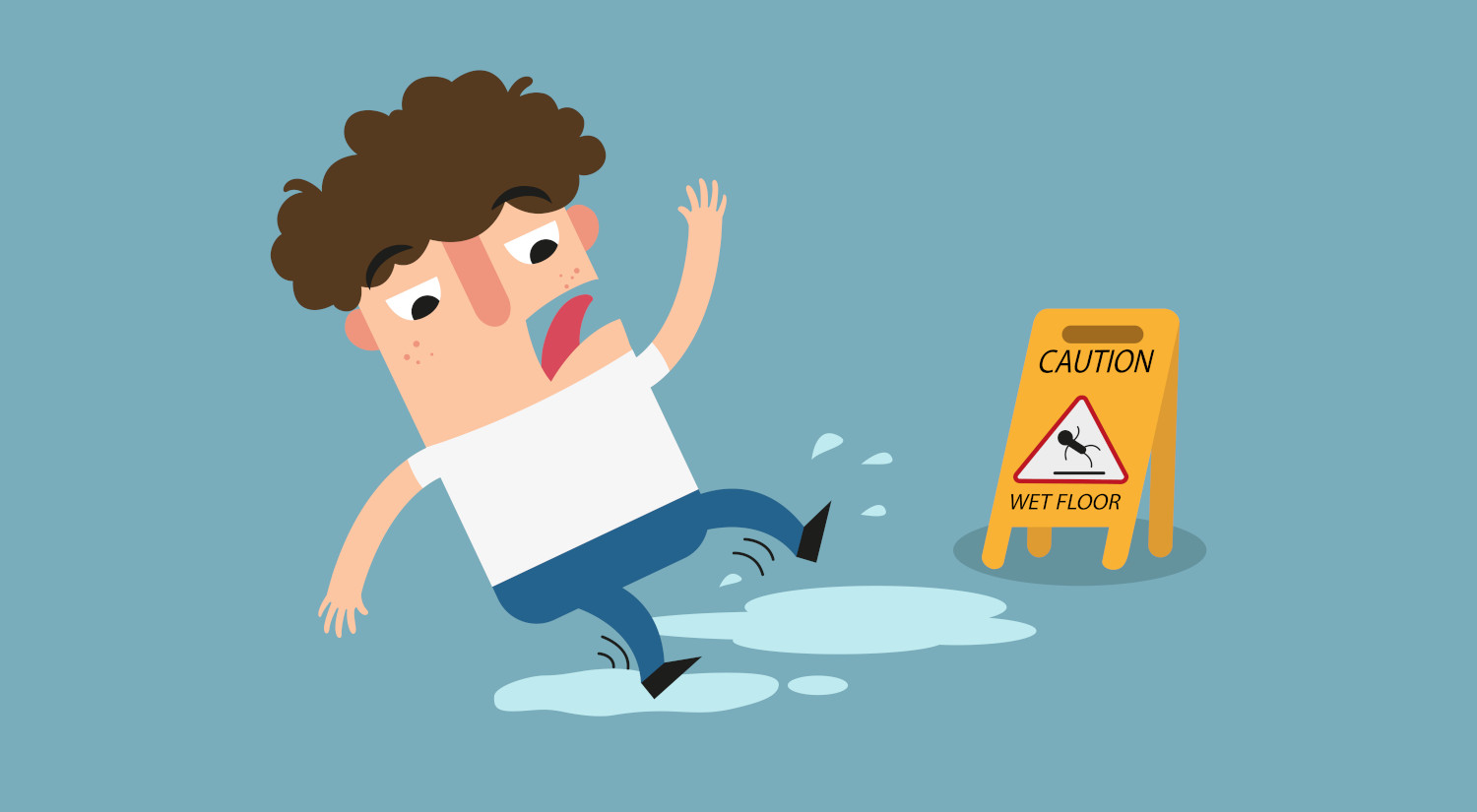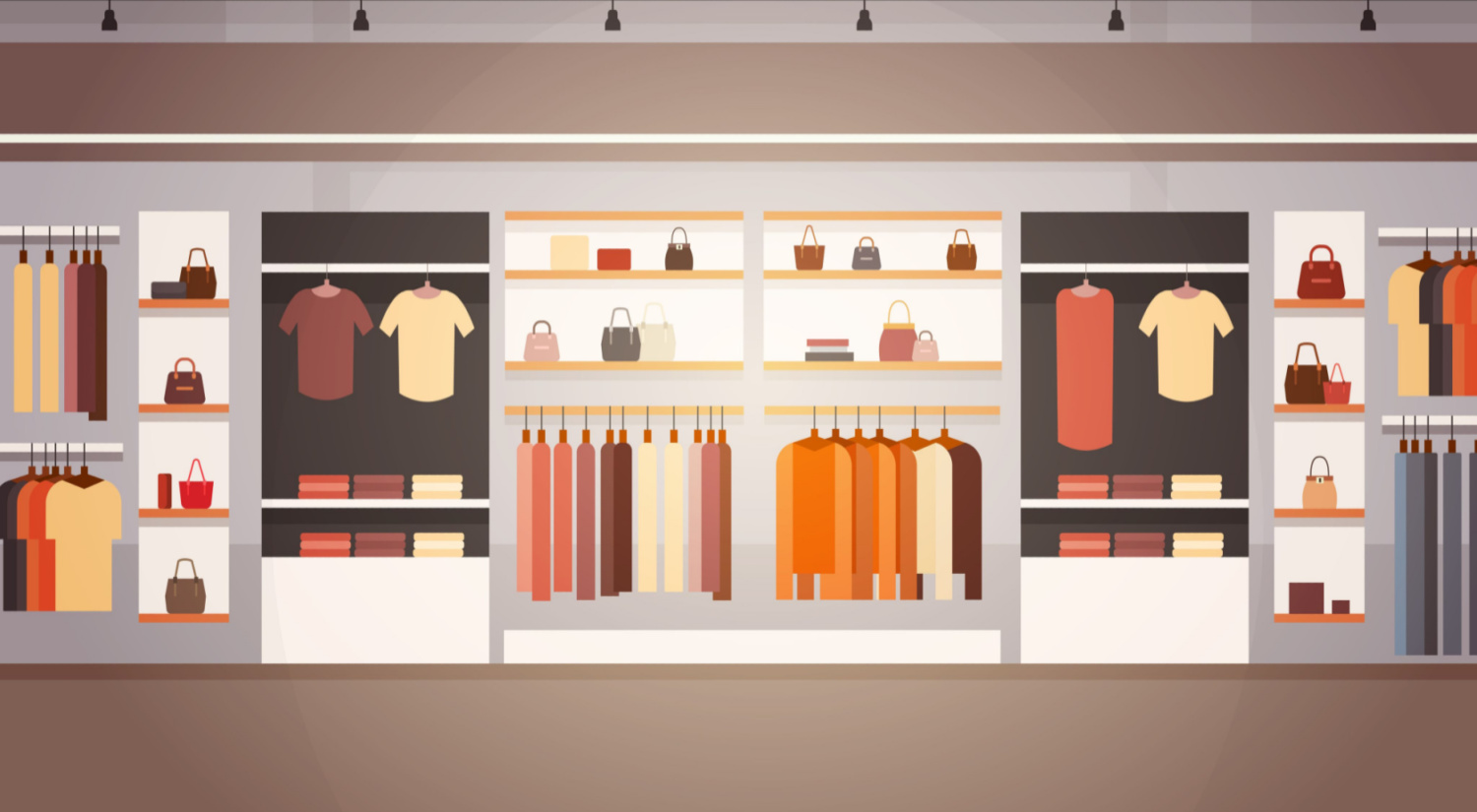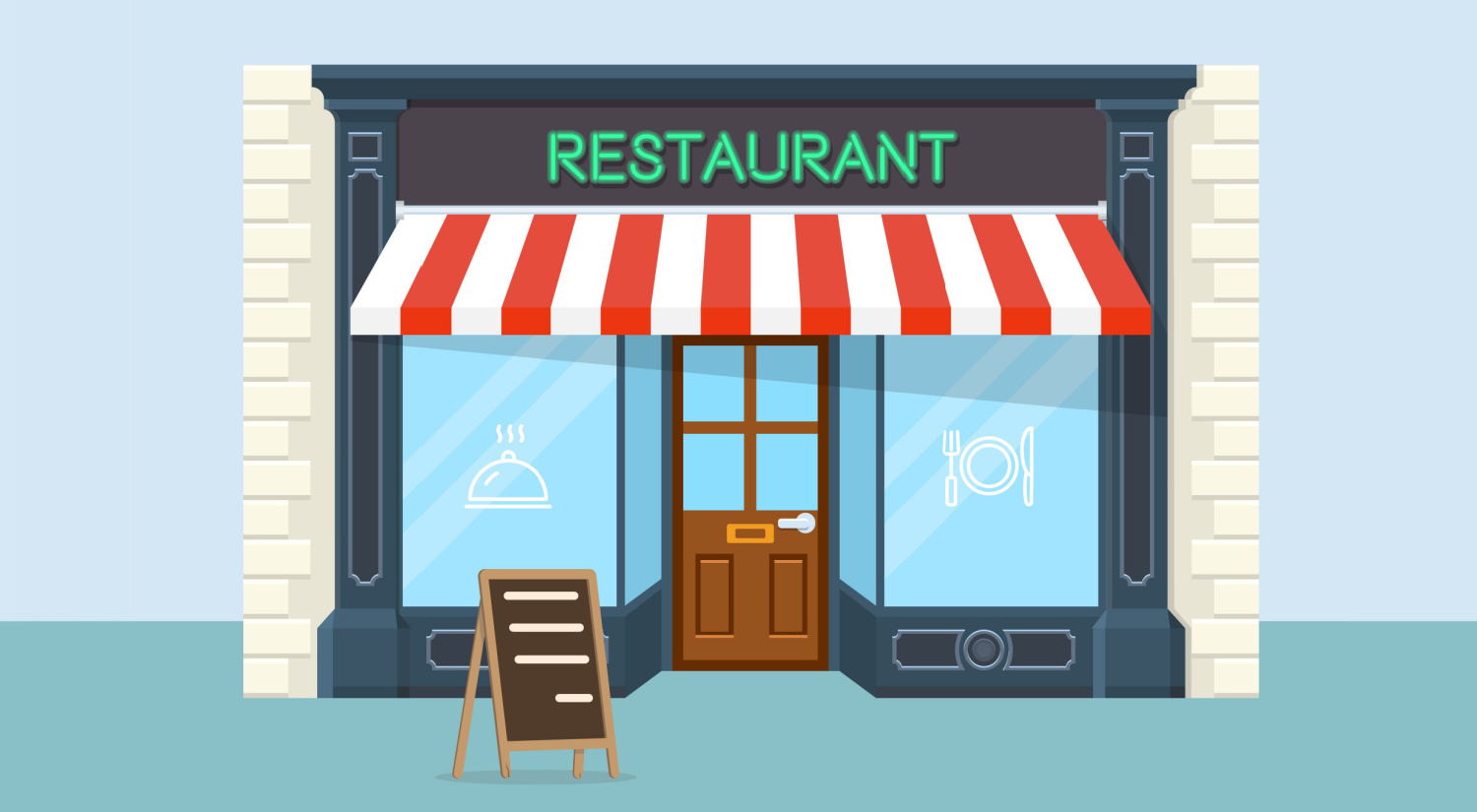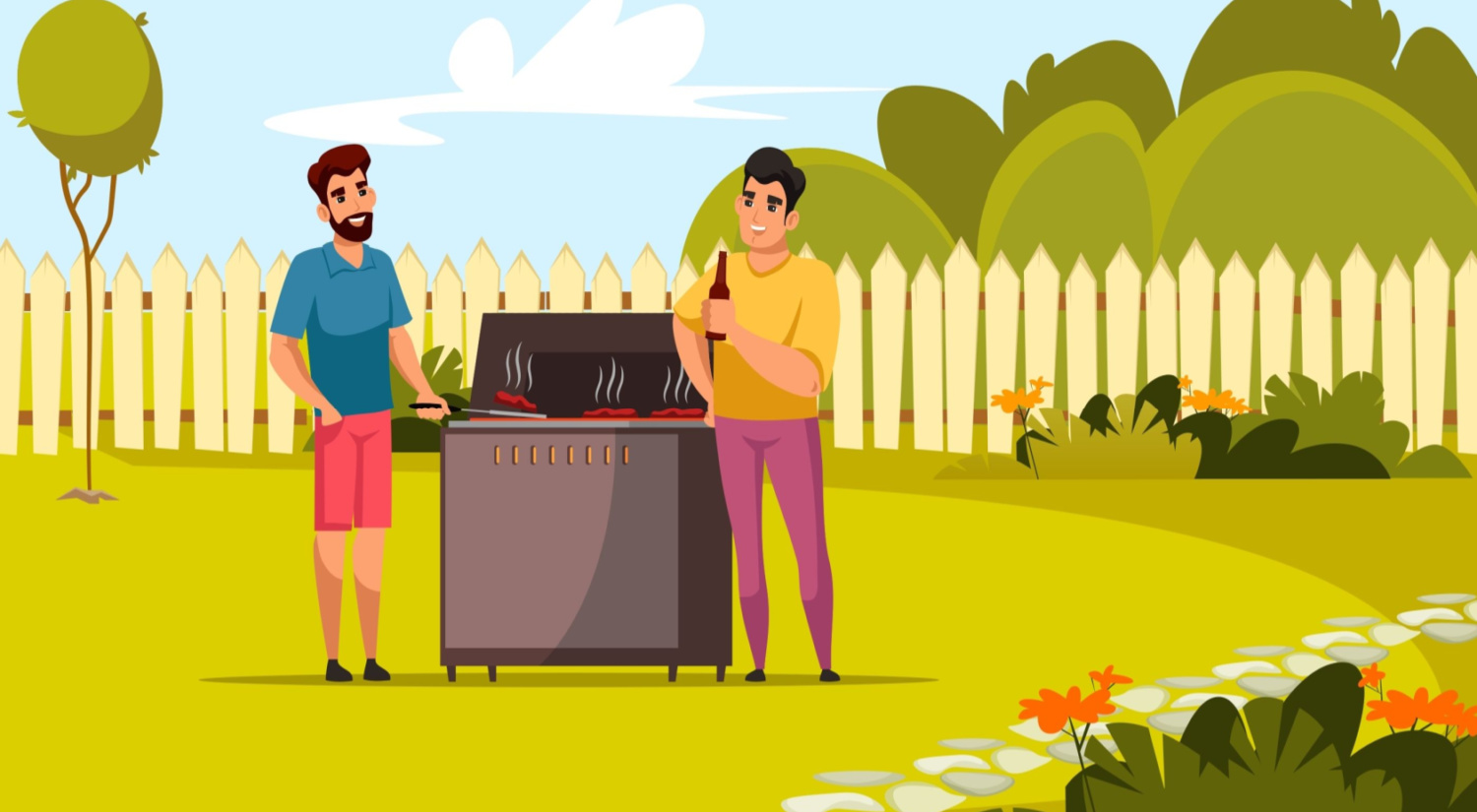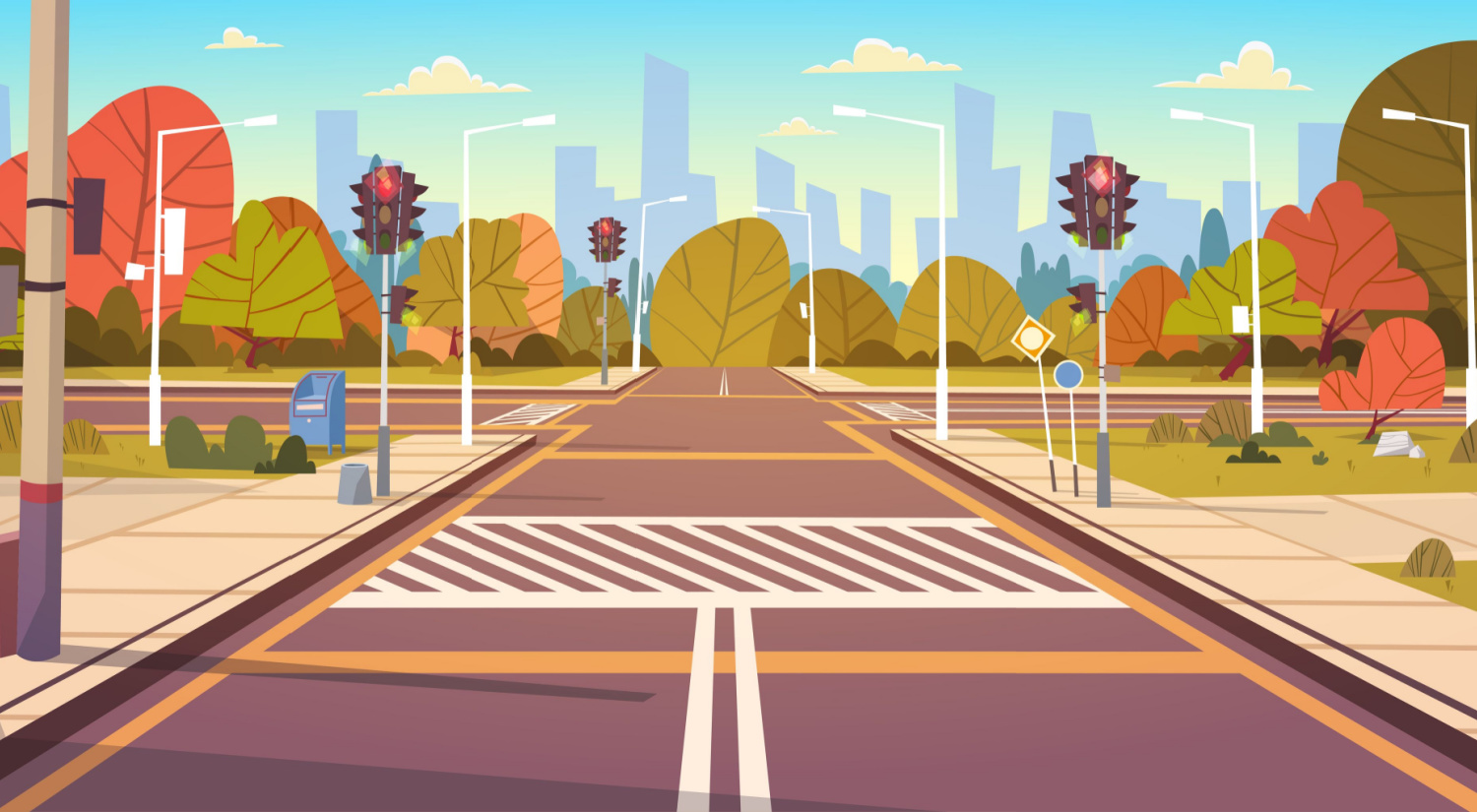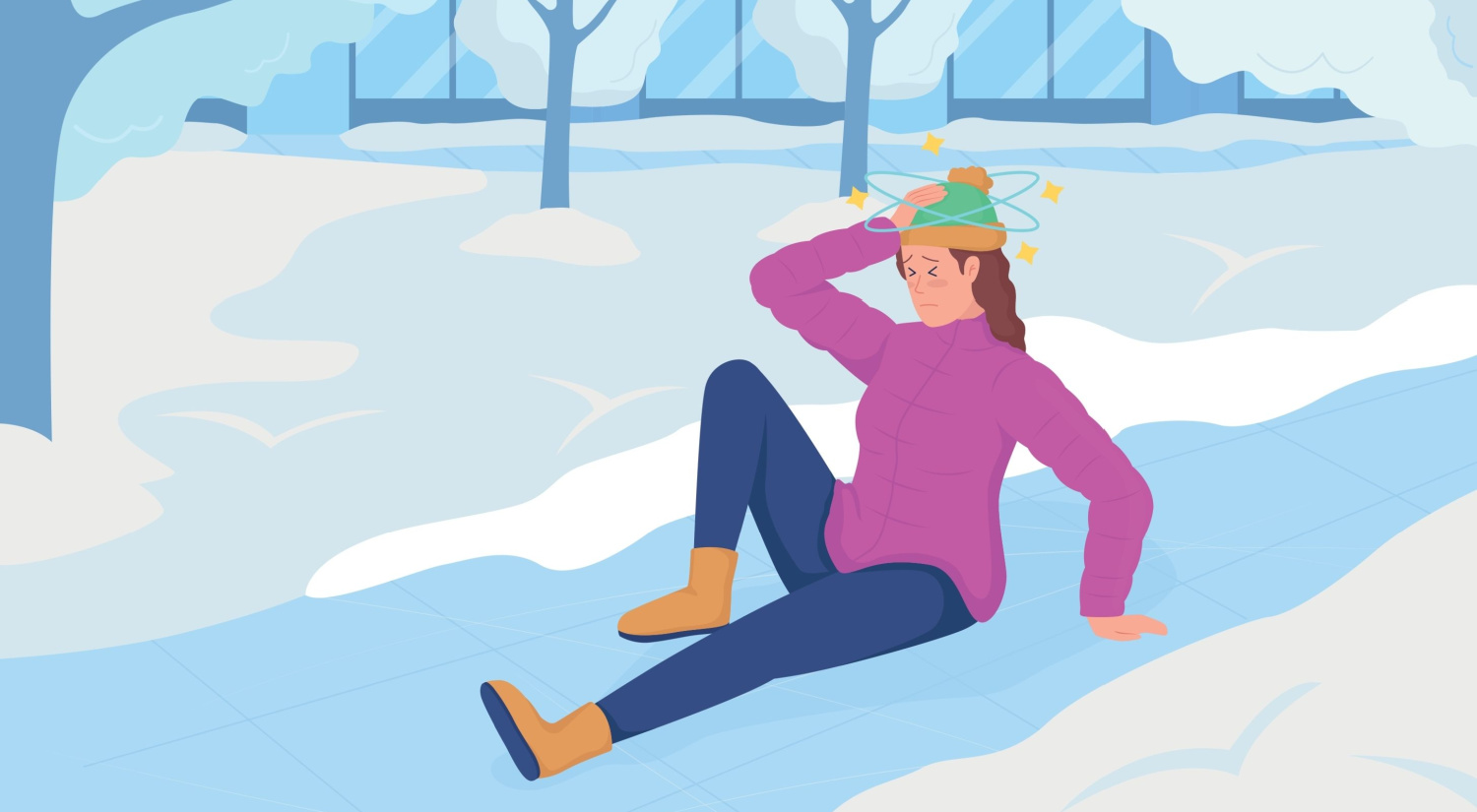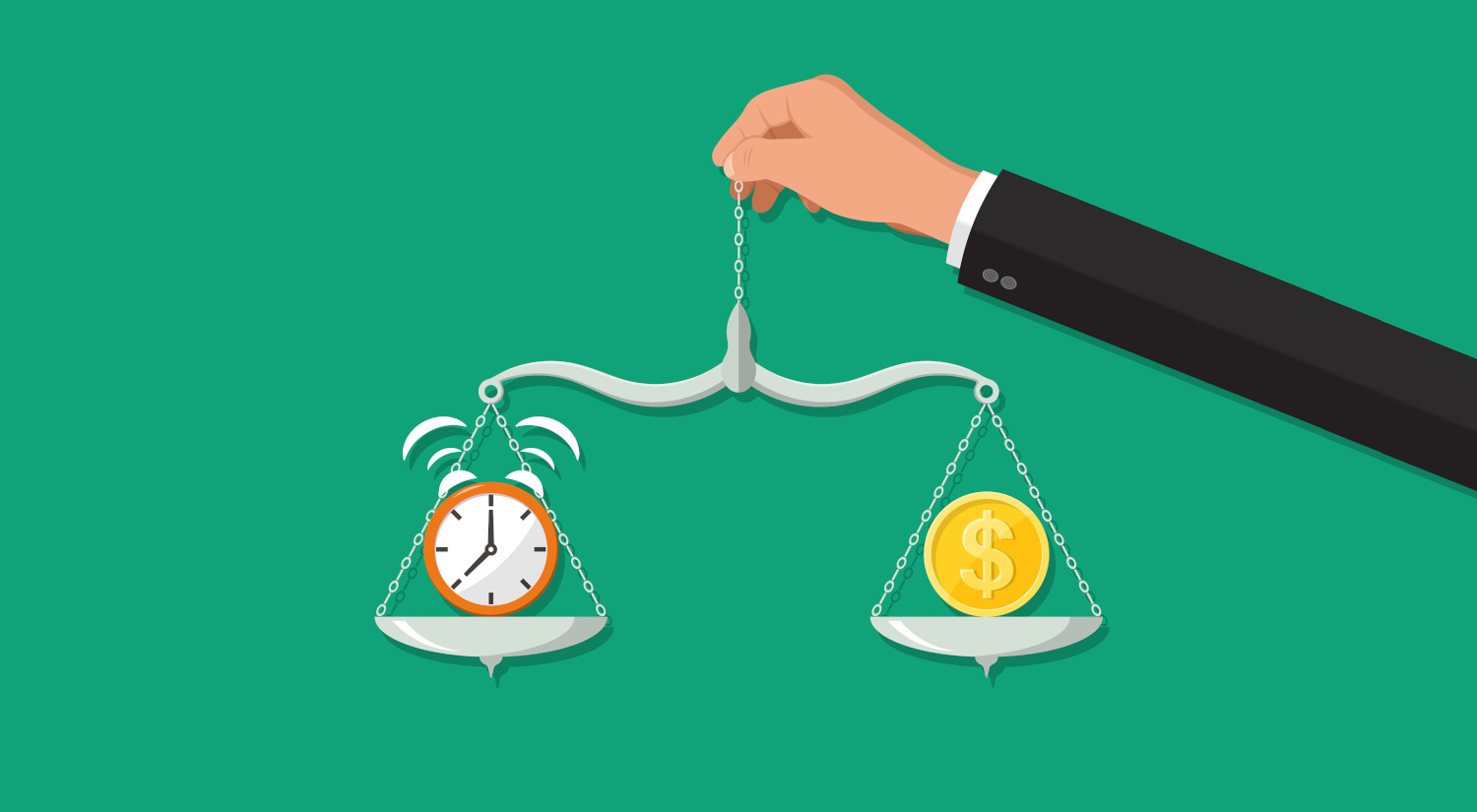The next type of visitor is known as a licensee. This is typically a social guest. Thus, if you were injured at a friend or family member’s house, you are likely to be considered a licensee. If you slipped, tripped and fell at a residential property, whether it was in the kitchen, living room, bathroom of a house or in the yard, you will need to prove the owner of the residence:
- Controlled the area where you fell;
- That it was foreseeable that someone would be injured by the defect;
- That it was not unreasonably burdensome or expensive to remove, repair or remedy the condition; and
- That the responsible individual knew of the condition and their failure to take steps to remove, repair or remedy the condition caused your injuries.
The key difference with a residential property owner and a commercial property owner is that a residential property owner is not required to inspect the premises or make it reasonably safe for the guest. Instead, a residential owner may simply warn the guest of the condition if the owner knows of it.

